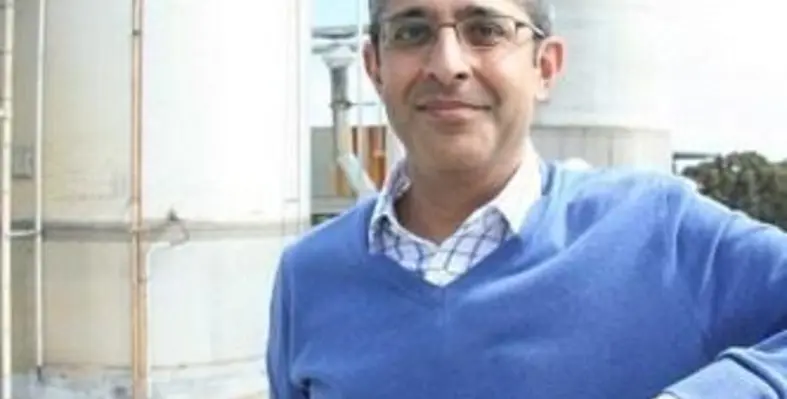South Africa’s embattled textile industry has been given a boost after the takeover of a Cape Town polyester fibre factory
The takeover was by an affiliate of the country’s leading PET recycler, which says its experience in using recycled materials will ensure sustainability in a tough market.
Since starting operations at its Killarney factory in June 2011, Propet has been generating 800 tonnes of polyester fibre per month running at 50 per cent capacity, using mixed PET (polyethylene terephthalate) resin chips made from recycled plastic drink bottles.
The factory was formerly owned by Hosaf, a subsidiary of the JSE-listed industrial conglomerate KAP, and was facing closure before the takeover. The rescue package has saved 100 jobs directly, as well as the livelihoods of hundreds of workers in the 30 manufacturers that depend on the plant as a local source of polyester fibre.
Source of employment
The deal has been hailed by Western Cape Premier Helen Zille, who says the clothing and textile industry remains one of the most significant industrial sources of employment in the province.
“This investment not only increases economic empowerment within a sector that has come under increasing pressure in recent years, but also offers the promise of further jobs and opportunities downstream, while providing a positive tangible impact on our environment,” said Ms Zille.
Propet’s Executive Director, Chandru Wadhwani, says the company has extensive experience in using recycled materials to manufacture high-quality fibres that are suitable for local and export use. The takeover was facilitated through a long-term loan from the Industrial Development Corporation (IDC) supported by the Department of Trade and Industry (DTI). Wadhwani adds, “Two issues need to be addressed by government and industry if we are to realise our recycling capacity, though. Firstly, anti-competitive behaviour of illegal imports and secondly, local fibre producers paying salaries way below the bargaining council minimums.”
Recovering waste
Propet currently sources its recycled PET resin chips from Germiston-based recycler, Extrupet, which recovers and processes some 18,000 tonnes of PET bottles annually. Extrupet is largely dependent on the ongoing support of PETCO, an industry body comprising the main players in the South African PET sector of the likes of Coca-Cola SA and its bottlers. PETCO has a specific mandate to increase the recovery of post-consumer waste PET in the country on the back of increased pressure from government vis-à-vis the 2009 Waste Act. Currently, only 35,000 tonnes of an estimated 150,000 tonnes of PET is recovered and recycled each year, and yet still more than double the volume consumed ten years ago in being landfilled annually.
“For us, this is more than just business,” said Wadhwani. “Ultimately, we’re looking to clean up the areas we work in by recovering PET containers, while contributing to a local textile industry under threat. It’s a virtuous circle, and we’ll be looking to work closely with key industry players to sustain it.”














